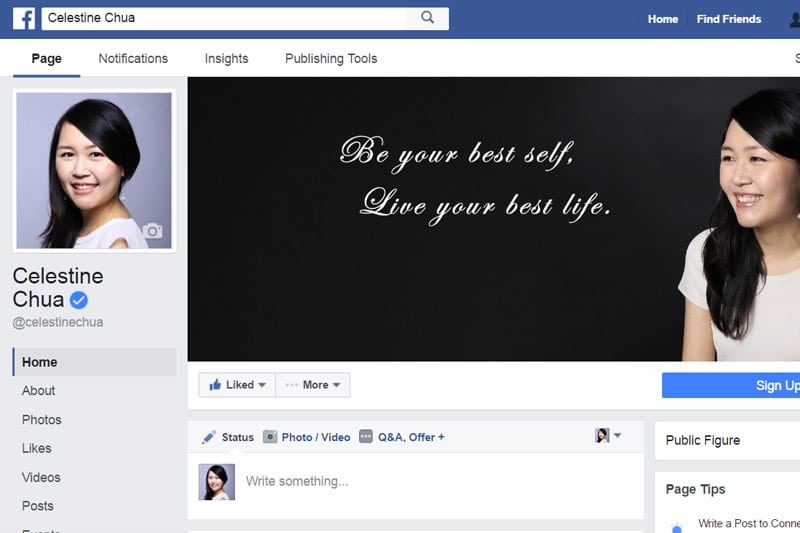
Hi everyone! Last month I deleted my Facebook page with 20,800+ likes. To be precise, I deactivated it, but the page is as good as gone now. In this post I share why.
My Problem with Facebook
The truth is that Facebook hasn’t been adding value to me as a business owner. While I had previously deleted my Facebook account in 2011, it was because I was using the Facebook personal account which was the wrong tool for my business. I then switched to a Facebook page which resolved the issues I was having, such as creating segregation between my work and social life and going past the 5,000 friends limit.
But in the past years, I feel that Facebook has changed from being a potentially great platform for good content and discussion, to now a negative seeding ground, a place that promotes very low-level content, and even a seeding ground for fake news, a recent hot topic due to the 2016 US presidential elections.
Why has this happened? As a page owner, my biggest gripe is that the Facebook algorithm has degenerated over time to focus purely on engagement, sans quality. Engagement meaning likes, comments, and shares. When a post generates many likes/comments/shares in a short period of time, Facebook regards it as newsworthy and “pushes” the content out to more people.
On the other hand, if your post doesn’t get enough likes/comments/shares in a very short amount of time, its reach gets depressed. This is why if you have been a Facebook page owner since 2010, you would have seen the organic reach of your posts plummet from 100% to 1-2% over the past few years.[1][2]
The Problem with Using Engagement as the Key Metric
What’s the problem with using engagement to assess a post’s quality?
The thing is that engagement is a good measure of a post’s value when everyone takes time to read/think through each post that appears in their newsfeed.
But nobody has time to do that today. We live in a fast-paced world today. People are constantly frustrated due to living pressures. Anger, fear, and envy dominate our society. We are constantly pressed for time. Distractions are everywhere and stimuli are constantly blasted in our faces.
As a result, many people use Facebook for a quick escape, not to think. Many people use Facebook when they are bored and don’t know what to do, which entices them to engage with very simple content such as memes and selfies, rather than long-form information.
As a result, the most highly-engaged content on Facebook these days is usually content that provides some distraction and escape, content that triggers uproar or indignation, and content that scratches an itch. NOT content that pushes you to think about the hard topics of life and your personal goals. NOT content that engages the higher faculties of your brain, such as research, long-form interviews, and innovative ideas.
This means that
- When a highly edited selfie and a blog post are put side-by-side, the selfie will generally win based on Facebook’s algorithm, because it doesn’t take much thought to process a selfie.
- When fake news with an absurd title and a real news story with a “boring” title are put side-by-side, the fake news will win. Because fake news is able to elicit quick reactions due to its absurd headline. Case in point: NY Times shared how a recent fake news article got 350,000 shares on Facebook in just one day. This fake article subsequently got reposted on Reddit and got the attention of real journalists. The corrected followup received barely any attention.[3]
- When a short tips post with the same few repetitive tips and a long-form article with comprehensive and unique content are put side-by-side, the quick tips will win. Because short-form content is easier to process for the average Facebook user.
To add salt to the wound, Facebook intentionally limits the reach of content that links outside of its platform (like a blog post or a YouTube video), because it wants people to stay within its “walled garden.” This means high-quality external blog posts and videos are difficult to spread within the Facebook community. This creates an echo chamber, where Facebook users are just echoing and seeing the same few thoughts and ideas, rather than actually seeing new content and ideas from outside of its platform.
Not to mention, many Facebook users who engage with a post often do not read the post.[4] Most users just “like” and comment based on the few words in the headline, based on their assumption of what it means. I have experienced this with my posts, where people criticized my content when they didn’t even read the post. This means the posts you see on your Facebook newsfeed are generally upvoted based on people’s knee-jerk reactions rather than their actual value.
Which leads to my main problem: I feel that my site direction and content are not compatible with Facebook’s anymore, at least not with the way their algorithm works today (as of 2016).
- I have no interest to write posts just to get a rise out of people. Many reactions are noise, not an indicator of a content’s ability to create change.
- I do not wish to deal with 2-3 second reactions to my writings.
- I don’t care if people “like” or comment on my Facebook posts. I just want people to think about how my tips apply to their life, which may take days, sometimes weeks or months, not minutes to an hour. I also hope for people to pass my articles on to their friends/family if they found them useful.
But when Facebook heavily depresses a page’s reach unless it can gain engagement within an hour or so, and automatically depresses external content, it’s a huge problem for me. When your posts aren’t “engaging” a big pool of people quickly (based on likes/comments/shares), your next post will reach even fewer followers. To the point where you reach nobody.
To reach more people, including the very people who “liked” your page to get your updates, you need to pay to use Facebook’s “Boost” feature, a type of Facebook ad. But why? You have worked hard to earn these people’s “Likes,” and now you need to pay to show them posts that they signed up to see in the first place? That’s just a circular way to get you to keep paying Facebook and be trapped in your dependency on them!
And as Facebook’s algorithm keeps changing based on what generates the most profit (because Facebook’s goal as a publicly listed company is to maximize profits), the organic reach for good, externally-linked content will continue to decrease. Facebook just generated its highest earnings yet in the last quarter (Q3 of 2016)[5], and this is in the face of growing user fatigue.[6][7]
Evaluating Your Facebook Newsfeed
It’s the same when it comes to the content on your Facebook newsfeed. Most of the posts are there because they get people’s reactions the fastest (selfies, quick tips), trigger the most emotions within minutes (social injustices, outrageous news), and/or tickle people’s fancies (like cat videos). It’s not based on their real value.
Which means you need to ask yourself: Are you okay with constantly receiving content that’s upvoted and put in your newsfeed based on few-second reactions, or are you looking for something deeper when you use social media? Because in the former scenario, you will keep seeing noise, get a feeling of user fatigue, and have an unhealthy draw to the platform, because the updates you keep seeing do little to change your life. This is why you constantly return to Facebook more often than you should, in a quest to get something more, to fill some sort of gap.
As a Facebook page owner, I can’t help but feel like I’m in a merry-go-round, where I’m pushed to write content in a way that gets the most reactions, just to reach the very people who subscribed to my page to get updates in the first place.
This is not what I want. Rather than engage in noise matches, I rather focus on creating deeply thought-out content and serving my readers who want to read and implement my material. My goal of managing a platform isn’t to create stickiness, which focuses on making a user stay at a website beyond what is needed. My goal is to give them the information they need to think and act. IMO every Facebook page owner should focus on creating content that matters, not engage in like/comment matches to get more engagement and exposure, which usually means nothing as the average Facebook user flits through updates. Even if you do get a lot of engagement after much effort, it’s questionable whether your views are quality views and from the right people.
So I deleted my Facebook page. As the issue has been brewing for years, I guess this is a long time coming. The problem became so ridiculous that running my page had become more time-consuming and painful with little for me to gain as a business owner. There were other signs that contributed to this decision, such as ongoing spam, pointless analytics, and an increasingly cluttered admin layout designed to push you to buy Facebook ads. There were also pointless, endless notifications that prompt you to buy their ads and alerts that you can’t opt out of.
The fundamental issue is that I created my Facebook page to connect with you guys, but I can’t even do something as basic as this now without going through hoops and being blasted with noise. I would much rather build my relationship with you through my website and newsletter, where I know my emails will always be sent to you, where I know those of you who are really interested to follow my updates will be reading my emails, as opposed to being subjected by an algorithm that filters what I want to share with you.
How I Use Facebook as a Personal Account User
Now the issues I mentioned above are specific to a Facebook page for businesses/personalities. As a private Facebook user who deliberately has zero connected friends, I find Facebook quite useful. Their chat messenger is handy, especially after they finally released an option to disable push notifications permanently. Unsolicited messages go into a different tab so I never see them. I don’t have any friends connected so I’m free from filtered newsfeed content based on Facebook’s noise-driven algorithm. I only join groups that I want to be a part of and leave when they’re not a fit. I check people’s profiles directly to read updates if they are public. I message personal friends directly to see how they are doing, not rely on the newsfeed to get a faux connection.
Just to be clear, Facebook’s algorithm works well for certain content. Basically, content that elicits reactions or drives discussion, short tips, simple advice (even when it’s the same thing repeated over and over), short quotes, people’s stories, selfies, and posts that trigger uproar, criticism, shock, or emotion.
But beyond inspiring quotes and simplified advice, I think what the world needs now is deeply-thought-out material that tackles big questions and big issues; not oversimplified content or content that caters to the monkey mind. I have no wish to take part in noise matches but to be my path to serve and connect with you.
As to why I deactivated my Facebook page instead of deleting it, it’s because Facebook can always change. If it becomes a positive ground for sharing conscious discussions and deep content one day, then I’d be happy to rejoin as a page owner.
If you used to be on my Facebook page, do subscribe to my newsletter to get my updates, including messages and special announcements that I don’t post on the blog.
Some other posts where I wrote about today’s noise-filled world:
- Feeling Disconnected
- Busy vs. Productive: 7 Tips to be Productive, Not Busy
- Online Negativity: How To Create a Better Internet for Everyone
- How Social Media Creates a Fear of Missing Out (And What To Do About It) [Podcast]
Update – June 2018
As some of my readers get my blog updates via their Facebook newsfeed, and as Facebook does provide some form of connection and vague credibility for a business owner, I have reinstated my Facebook page. I do see some vague improvements in how Facebook works after the fake news saga (from the 2016 US presidential elections) and growing user complaints.
However, the problems that I mentioned above still exist (spam, noise, absurdly depressed organic reach, the inability for long-form content to travel well), and because of that I no longer invest my time into growing or maintaining my Facebook page. I leave my Facebook page online and use an automated service to feed my blog updates there, but otherwise, I don’t actively check, maintain, or put in an effort to improve my page anymore. Instead, I focus on building my blog, connecting with my users via my newsletter, and building my community in a way that I feel adds real value and impact to the world.
In the same vein, I just deleted my Twitter account which I share more here: Why I Deleted My Twitter Account With 7,000 Followers

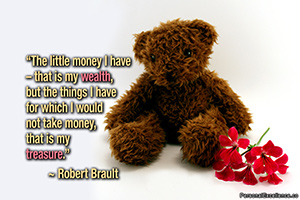
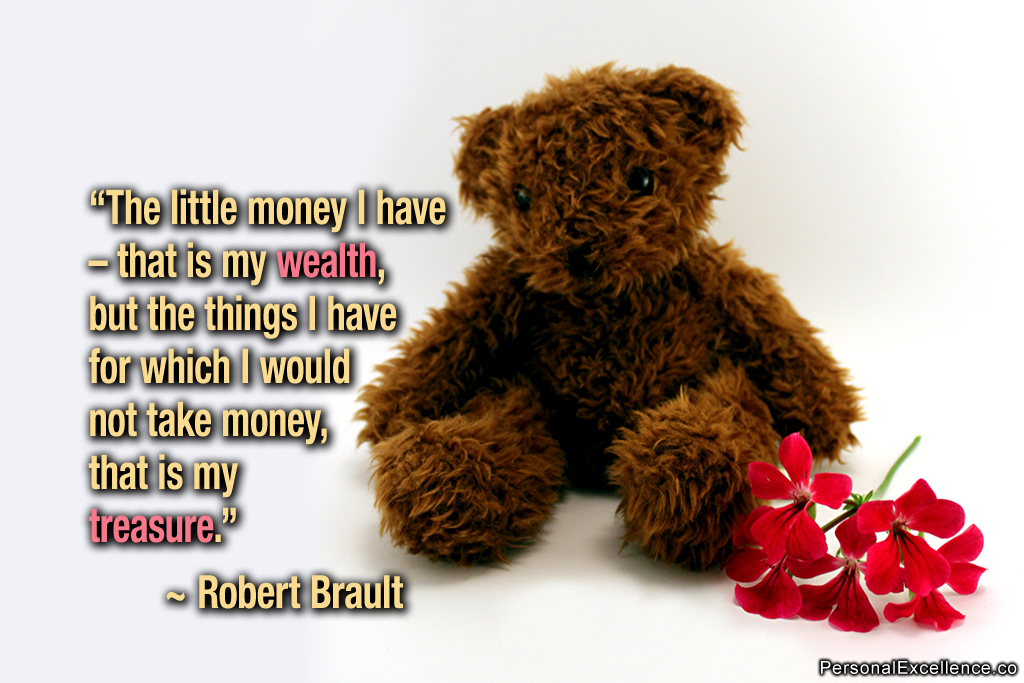
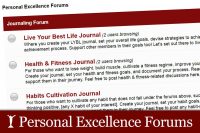


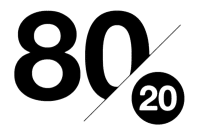

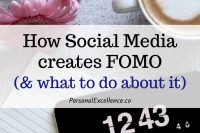
 Thanks for reading. If you like my free articles, join my private email list and get my latest updates and articles sent right to your inbox.
Thanks for reading. If you like my free articles, join my private email list and get my latest updates and articles sent right to your inbox.